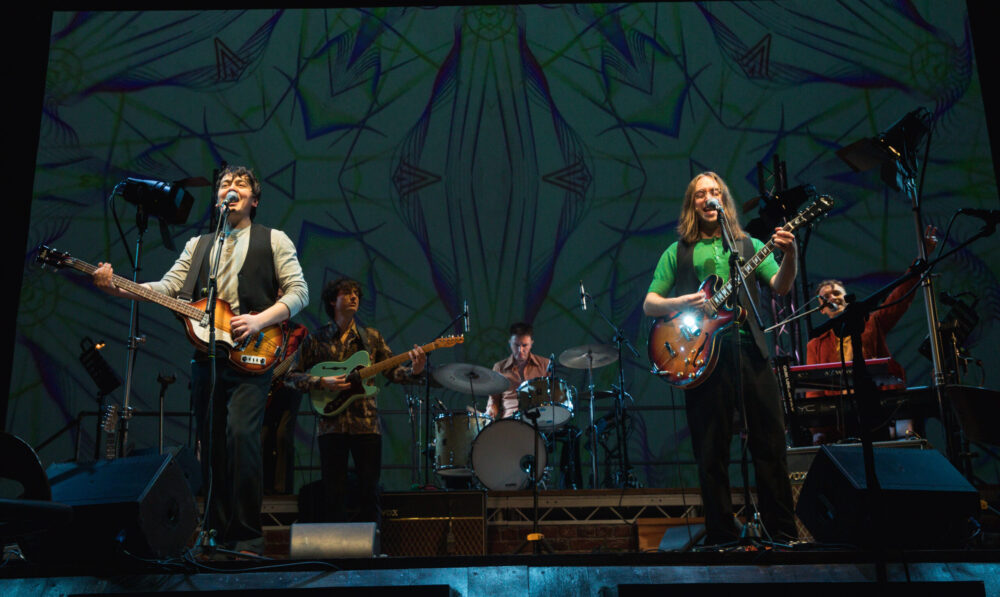
Art
The Liverpool photographer bringing back the magic of traditional printed photos
2 years ago

Vintage photography is making a come back in Liverpool.
For most people, photos now are digitally captured on a phone, scrolled through on-screen and unlikely to ever make it to a holdable print.
But one Liverpool photographer is changing that. Rachel Brewster-Wright, owner of Little Vintage Photography, is helping to bring back traditional image – and memory – making.
From loading up a roll of film, to shooting, processing and printing in a darkroom, she is using her own passion for analogue photography to make other people fall in love with it too.
They could be picture takers in their 40s and over who remember the excitement of getting an envelope stuffed with snaps from Max Spielmann, or a new generation who’ve only ever known digital.
Rachel says once they experience what it’s like to watch a photo gradually appear in front of them, there’s nothing quite like it.
“For me, watching someone else make their first print, or open up the tank and take out their first roll of film, it’s absolutely a little bit of magic every time,” she says.
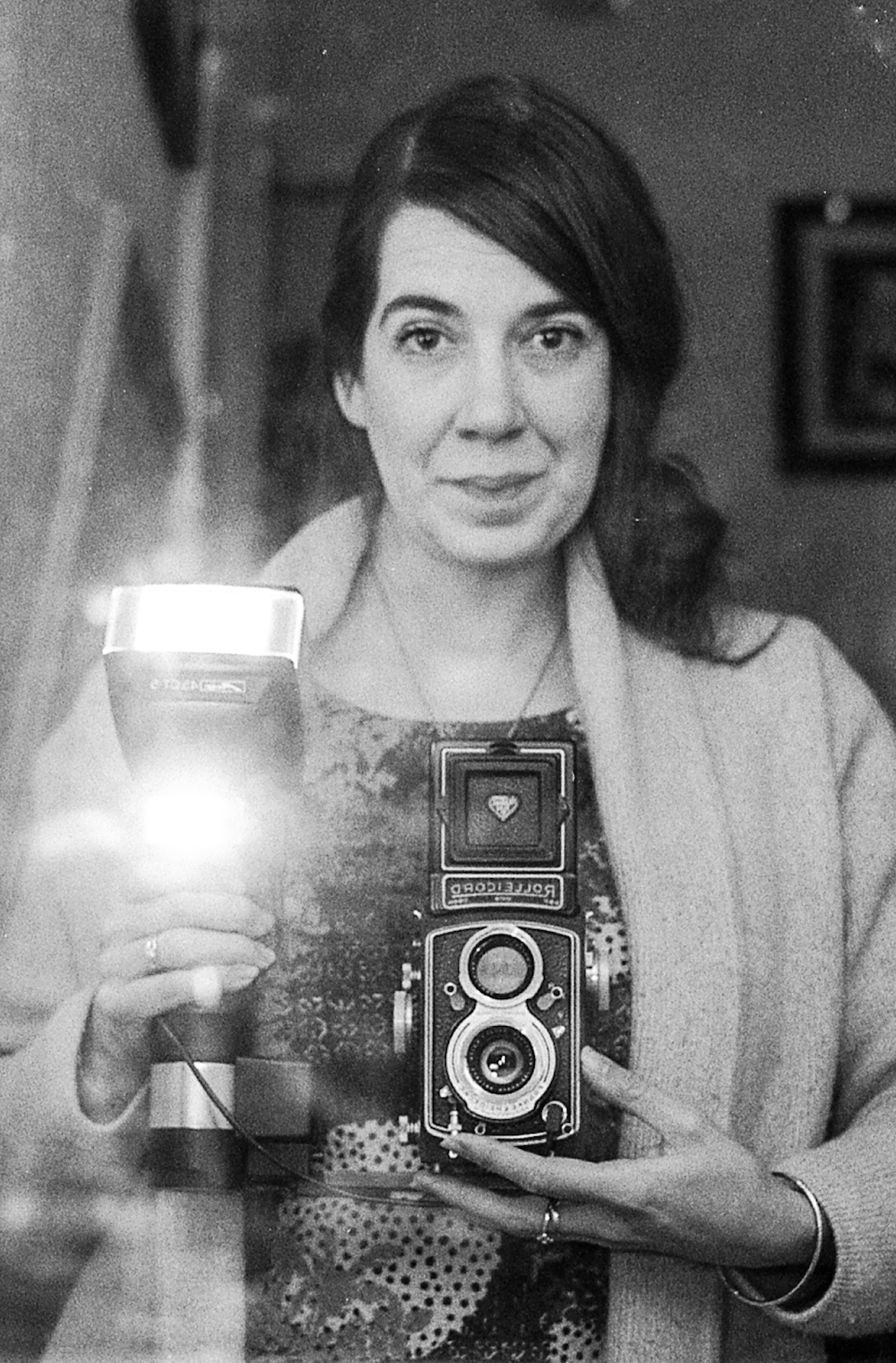
Rachel started Little Vintage Photography 10 years ago, and now alongside weddings and a vintage portrait experience using techniques dating back 170 years, she runs in-person workshops from her studio and darkroom in Hamilton Square, Birkenhead.
She also hosts monthly Virtual Film Development Parties online that bring together analogue photographers from around the world.
Like the revival of vinyl, Rachel’s seen a huge resurgence in people returning to pre-digital methods.
“I think it’s a human need for there to be some kind of physical product,” she explains. “For a while we were so excited about new digital technology, and we should be because it’s amazing, but it doesn’t take away from what’s gone before, these things can exist alongside each other.
“When I first set up there were a lot of voices going, what are you doing, everyone’s into digital? But like any culture, there’s always a sub-culture who wants to do things a bit differently.
“I thought there was room for both and if I felt like that, and also felt digital detox ready and ready to get back into the darkroom, surely other people must be feeling like that too.
“There were very few people working in analogue at that time but it skyrocketed. It’s all about putting a value on the skills and craft. I do use digital all the time as well, it depends on the job, but I don’t know how to use Photoshop and I have no interest in learning. It doesn’t fill me with joy and excitement where seeing a print appear in the darkroom in front of my eyes does.”
Rachel, who lives in south Liverpool, found her own interest in photography when her dad showed her how to make a pinhole camera when she was just three years old.
“When I left school at 15, I went to art college and did A level photography and loved it so that’s my only formal education in photography. I did my degree in media production and when I graduated I went into teaching.
“I ran the tech department at JMU screen school for seven years then moved to work in Stoke but I lost my mum at the end of my 20s, and it was a bit of a kick into thinking what do I actually want to be doing next?
“I’d got disillusioned with digital rat race, it felt very cold and clinical, and I think I just wanted to hold on to something tangible. I made a list to figure out my strengths and weaknesses and it came back to analogue photography.
“That was 2014, and I hadn’t taken an analogue photo for years since I first started uni in 2000, but I found an old camera and a roll of film and there was just a lovely connection instantly.”
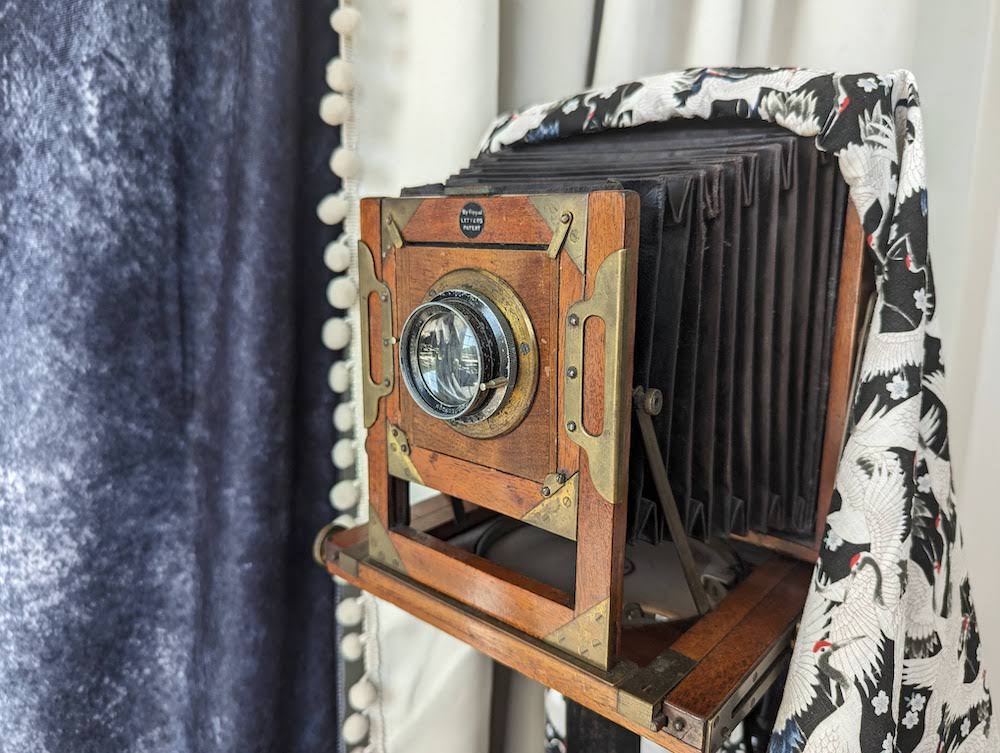
Launching Little Vintage Photography wasn’t just about finding a new career for herself, Rachel wanted to show other women they could do it too.
“It all seemed to be very male-focused at the time – who’s got the biggest lens or the most megapixels – and it felt like there were lots of barriers for women. I wanted to be visible in a predominantly male-dominated space and show it doesn’t have to be this over-tech jargon-filled industry that women don’t feel they can be part of.”
In the last 10 years, Rachel has become one of the most respected analogue photographers in the UK. So much so that she was asked by world-leading manufacturer of black and white film Ilford to write, produce and present a series of darkroom guides and videos, and she’s written a workbook that’s gone into 16 countries.
She plans to celebrate her anniversary this year by hosting the first four-day analogue retreat in October. In the meantime, Rachel will be sharing the joy of vintage photography in her own darkroom.
“I got a digital camera just after my mum died and I loved going out taking photos but I knew I’d never look at them again so what was the point?” she says. “It was that realisation that people run back into a burning building for a photo album, not for a hard drive.”


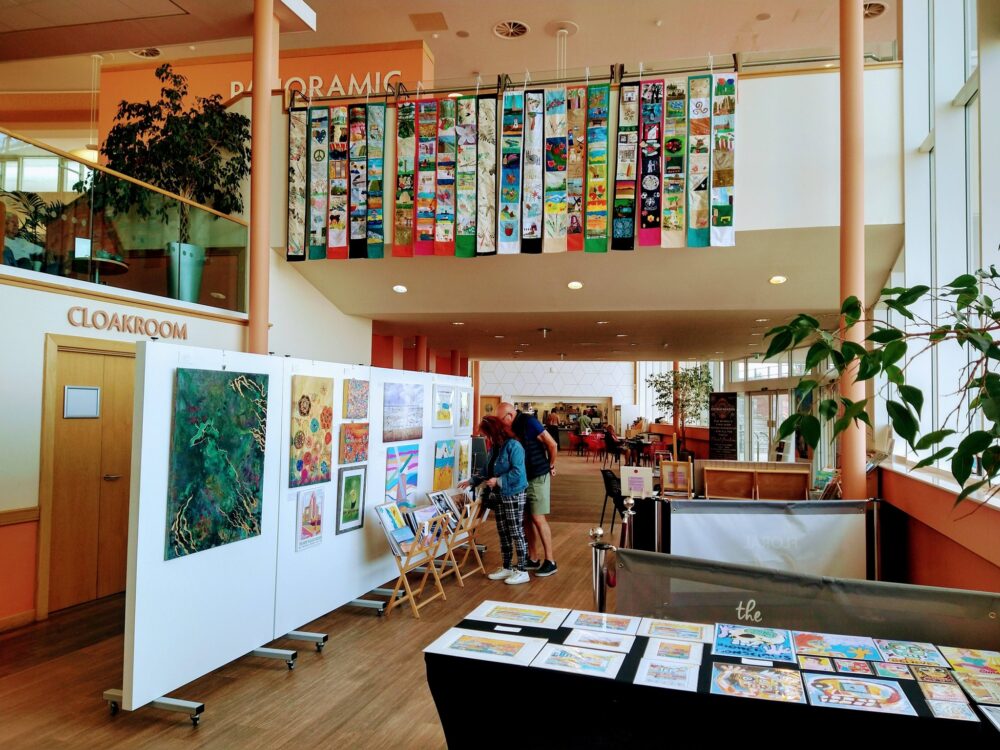
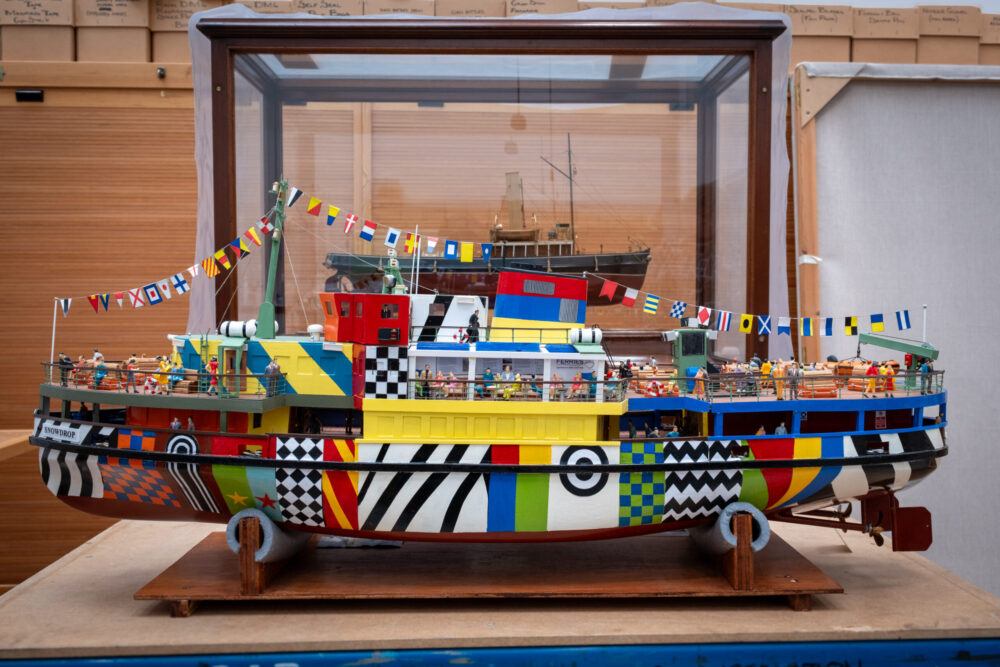
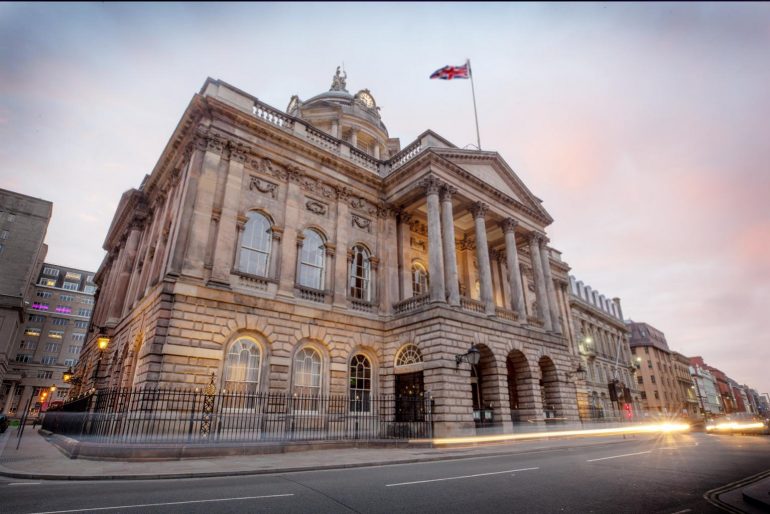
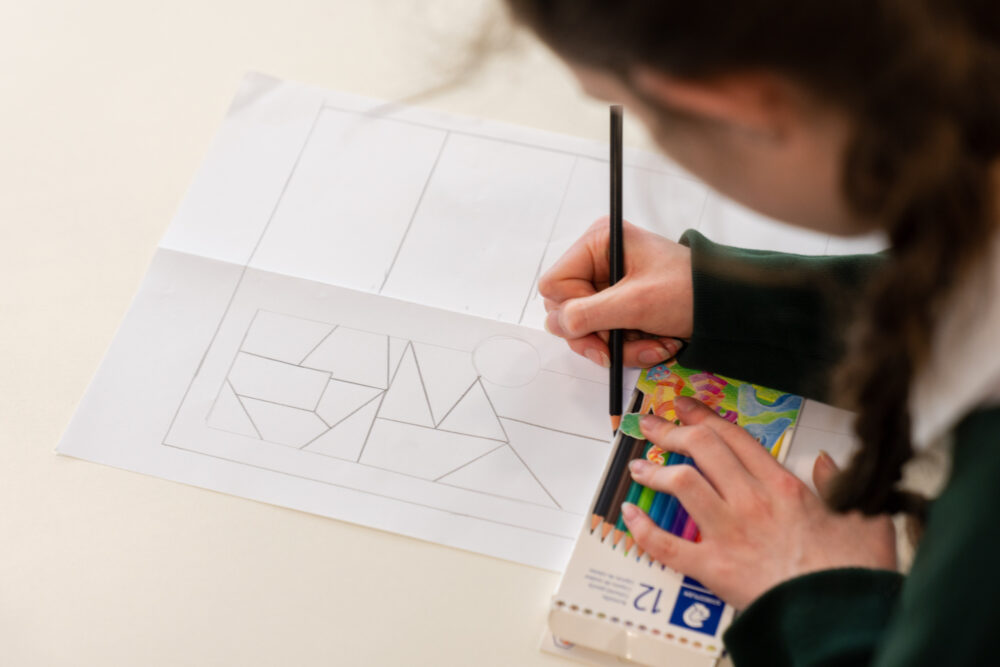
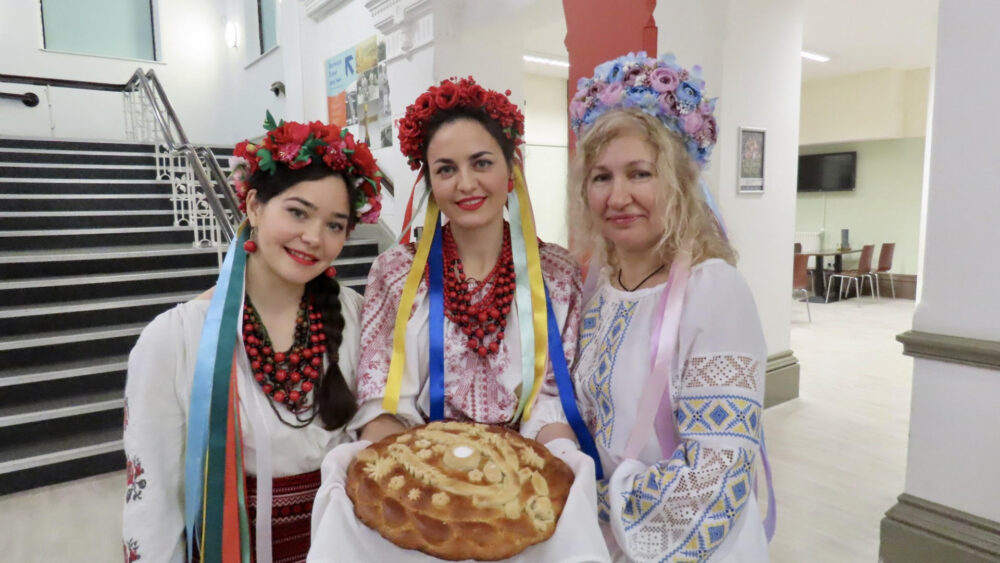
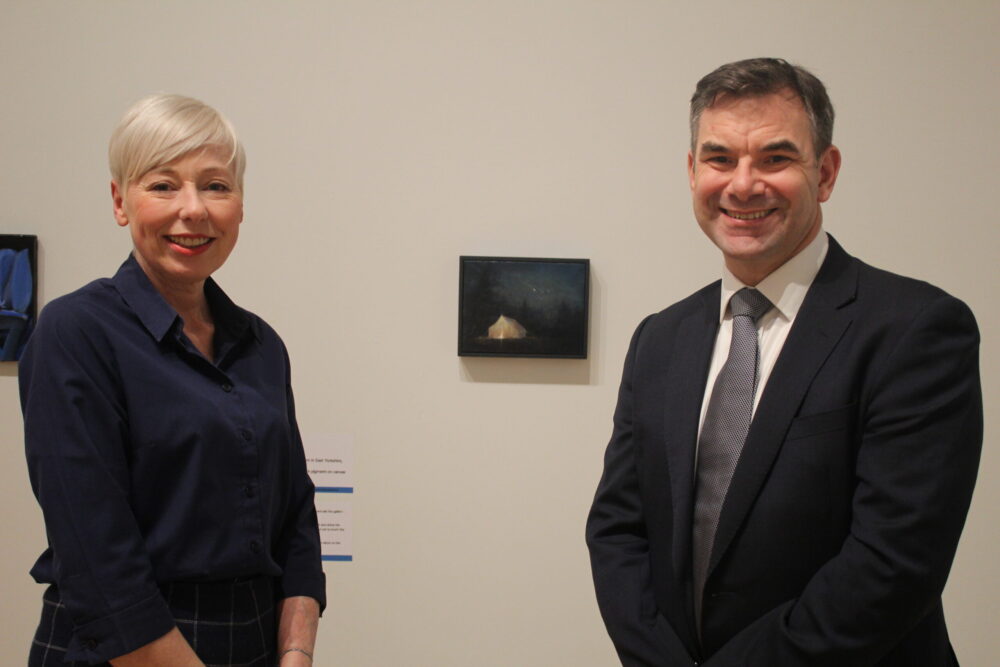

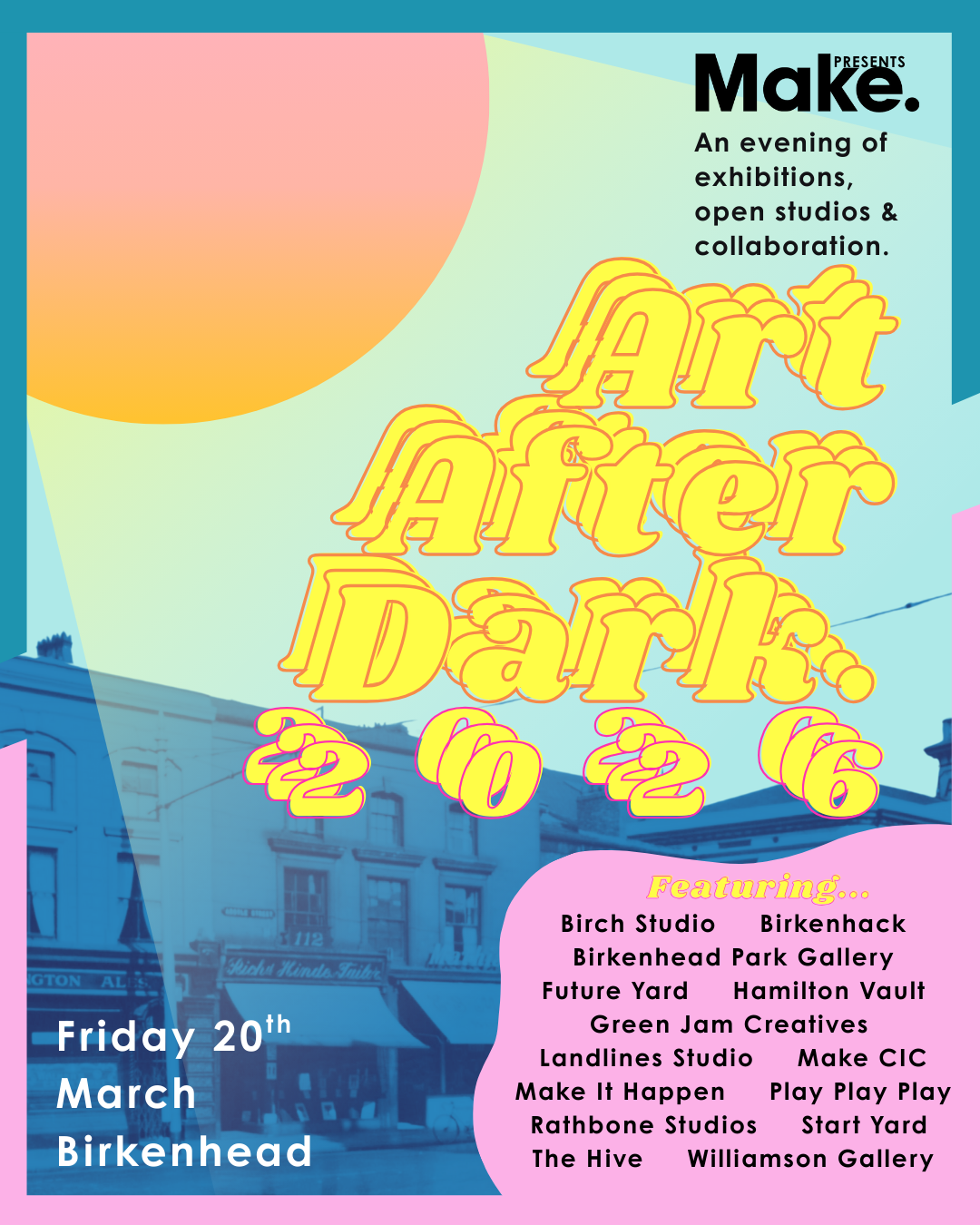
 Subscribe
Subscribe Follow Us
Follow Us Follow Us
Follow Us Follow Us
Follow Us Follow Us
Follow Us Follow Us
Follow Us











